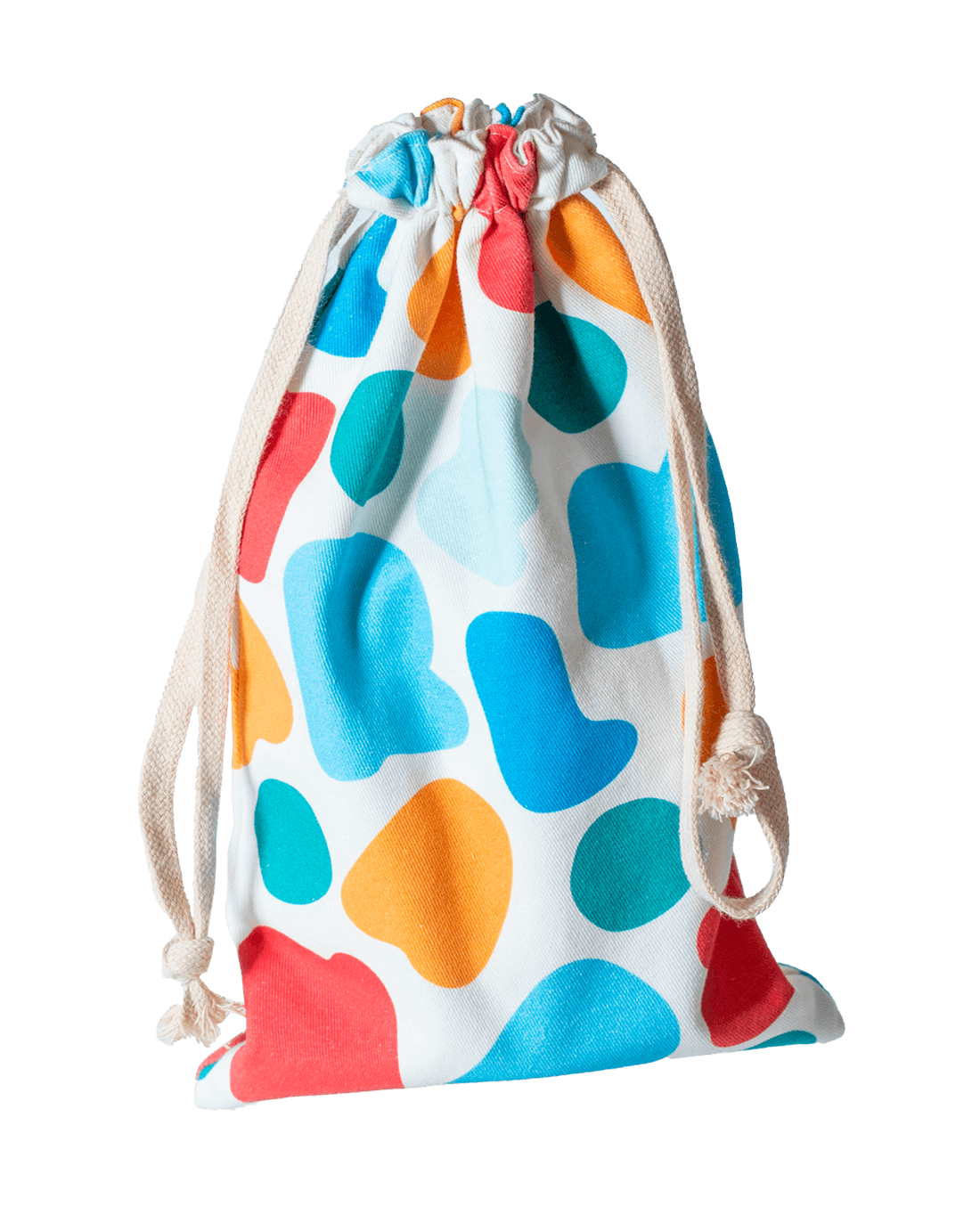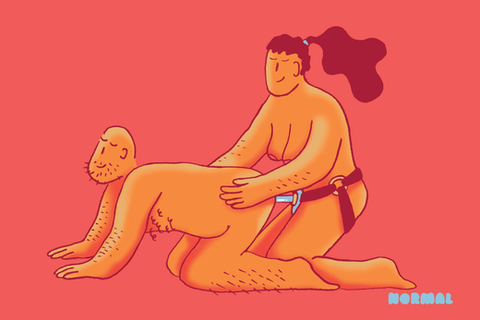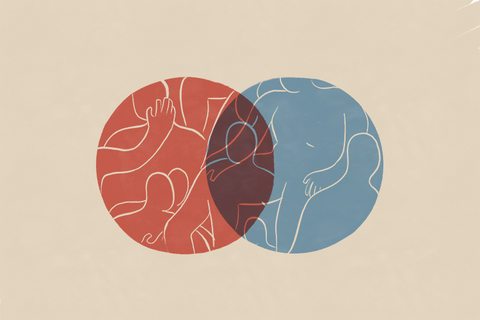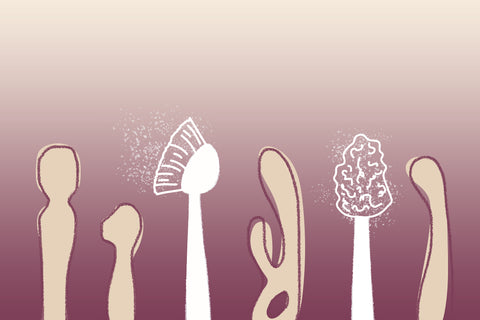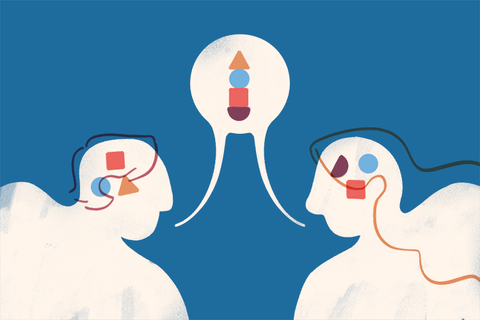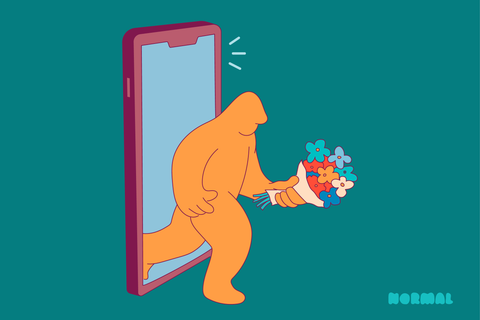
What could have caused a generation of swipers to put down their phones and return to the real world?
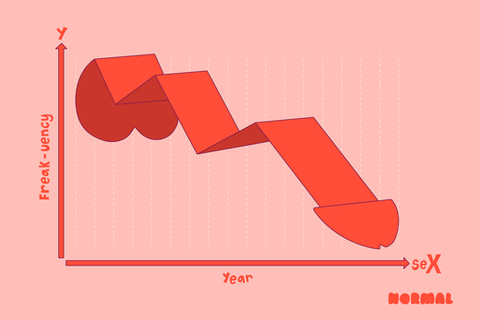
If you’ve noticed that your sex life has been feeling a little lacklustre recently, you may not be the only one - Gen Z and Millennials are having less sex.

Becoming a parent is wonderful, but balancing a fulfilling sex life with all the demands of raising humans isn't easy! Here's how to keep sex a priority
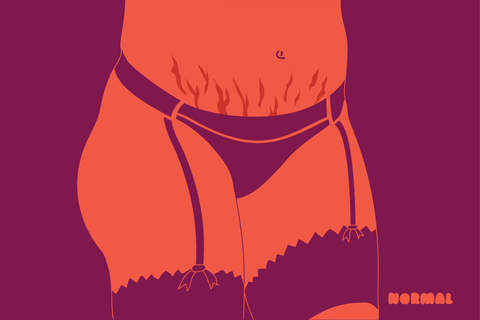
Having a child can be a joyful and profound experience, and it’s one that is accompanied by many changes. You’ll immediately get acquainted with dirty nappies, throw-up, and you’ll probably start sleeping in chunks of just a few hours. In this post we talk everything you need to know about sex after childbirth.
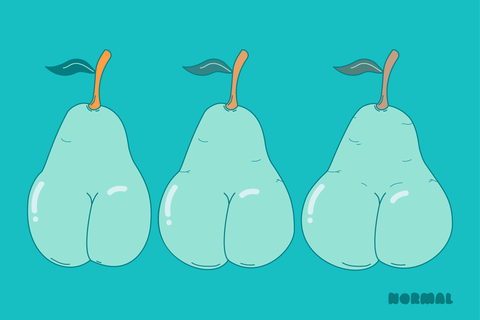
Our bodies undergo constant changes throughout life, and as we enter our thirties and forties many of us notice—for the very first time—the signs of ageing.
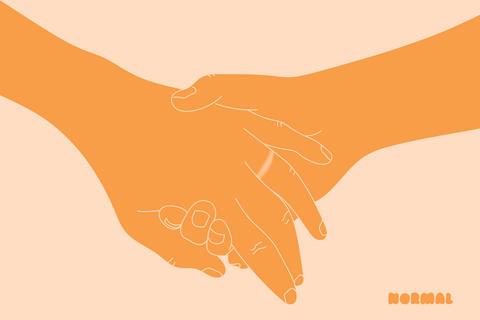
If you’ve recently gotten divorced, you’re not alone. In this post we share how to date after a divorce. It’s worth getting back out there!
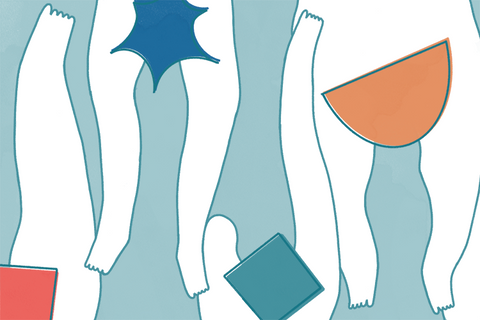
Anal play can unlock a huge amount of pleasure for people with penises - here's the why and the how.
